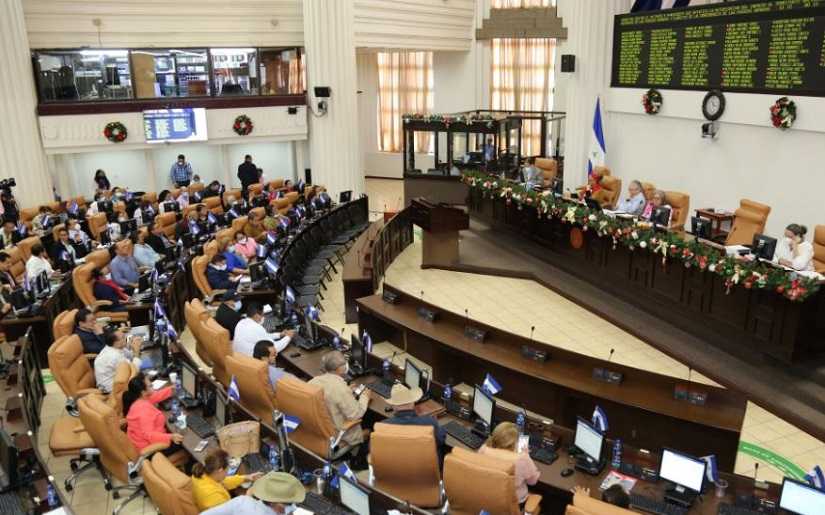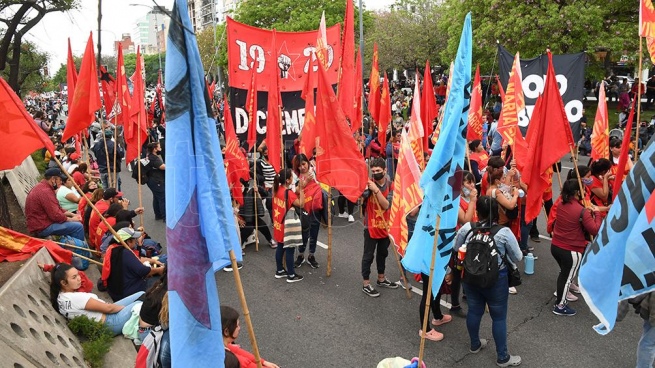The deputies of the National Assembly approved, with ninety votes in favor and one present, the legal personality of the University of Health Sciences and Renewable Energies (UCSER), a university that has been operating since 2011 only with the authorization of the National Council of Universities (CNU). The situation contrasts with the legislative decrees, approved weeks ago, in which six private universities were canceled and, in the last three and a half years, more than a hundred associations.
Prior to the vote in general, the president of the Assembly, deputy Gustavo Porras, argued that the opinion had been in the legislative pipeline since 2017, but “it was withheld because until now we are putting together the processes” of creating non-profit associations profit.
“Here (in Parliament) legal entities were obtained that —for example— did not meet any of the requirements that they had to meet in the Ministry of the Interior or, if it was a higher education association, neither did they meet any requirement of the CNU or the CNEA (National Council for Evaluation and Accreditation),” warned Porras. “We found many associations operating, and universities operating, because they had the CNU certification or because they had fulfilled the requirements in the Interior, but they did not have legal status from the Assembly,” he added.
According to a statement by the CNU General Secretary, Jaime López Lowery, issued on January 17, and later sent to the National Assembly, he says that the University of Health Sciences and Renewable Energies (UCSER) has its headquarters in Somotodepartment of Madriz, since 2011 and an additional office in the department of Estelí, founded in 2012.
The board of directors of UCSER is made up of: José Antonio González Viscay, as president; Maya Youalki González Buitrago, Vice President; Allian Assang González Buitrago, secretary; Rosa Esther Buitrago Hernández, treasurer; and Gustavo Miranda Zavala, as prosecutor.
The hinge of the Migob
Also, the director of the Migob Association Registration and Control Department, Franya Urey Blandón, stated on February 19 that the UCSER is not registered with that institution and indicated that she has no objections to being granted legal status. legal.
The certificate issued by the Migob official was delivered 17 days after the National Assembly, at her request, canceled the Polytechnic University of Nicaragua (Upoli)Nicaraguan Popular University (Uponic), Catholic University of the Dry Tropics (Ucatse), Nicaraguan University of Humanistic Studies (Uneh), Paulo Freire University (UPF) and the Hispano-American University (Uhispam).
Among the arguments that Urey Blandón has used to request the cancellation of non-profit associations, the non-compliance with three laws stands out: the Law on Non-Profit Legal Entities or Law 147; the Organic Law of the Legislative Power of the Republic of Nicaragua or Law 606, and the Law against Money Laundering, Financing of Terrorism and Financing of the Proliferation of Weapons of Mass Destruction or Law 977.
However, the dissolution of these organizations occurred in a context of repression and reprisals that emerged after the 2018 protests and worsened in 2021, when the regime faced an electoral landscape where it eliminated political competition and secured its fourth consecutive term. . So far in 2022 alone, it has canceled more than 40 organizationsincluding universities, and more than half a dozen of them have been illegally seized.

















